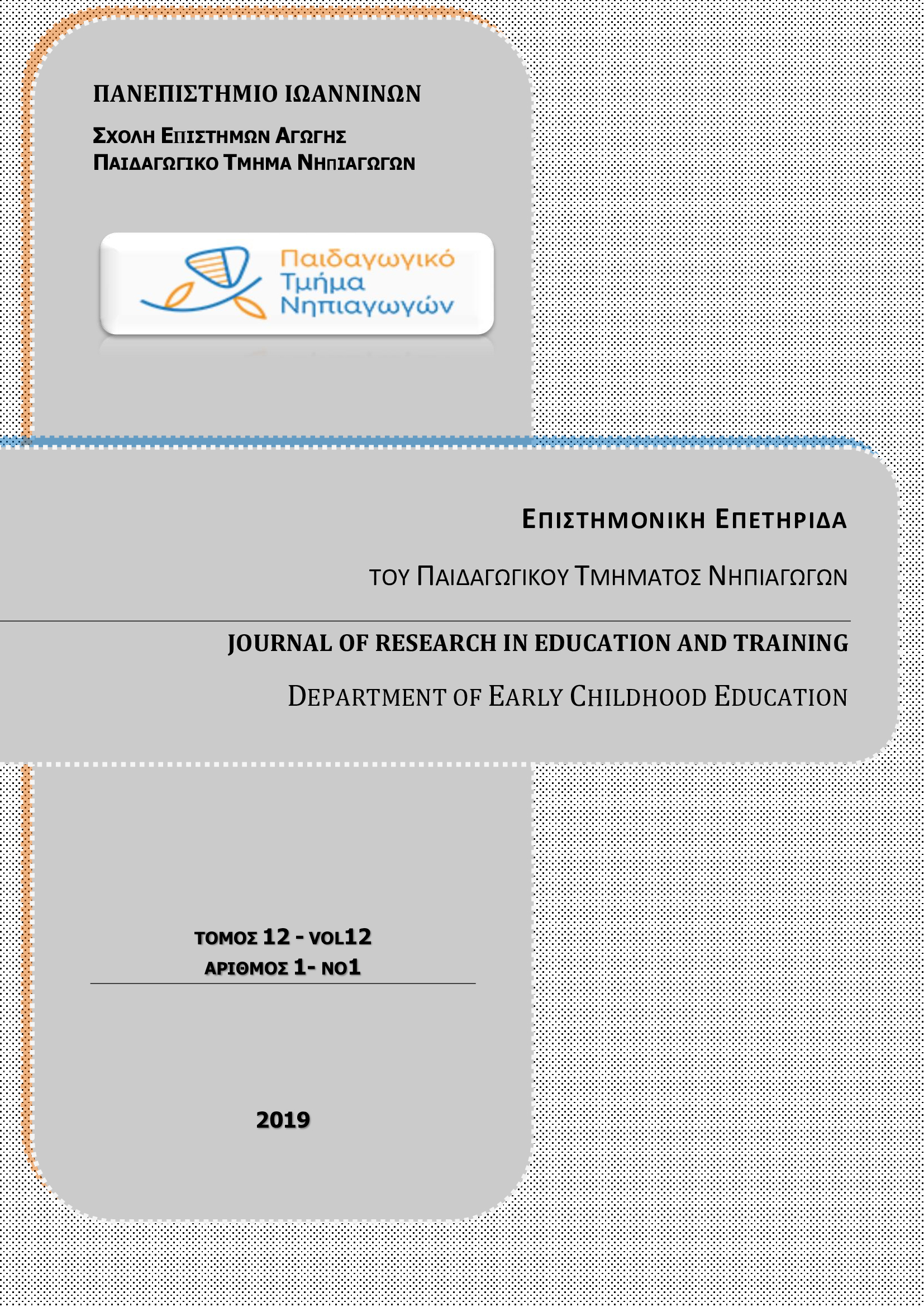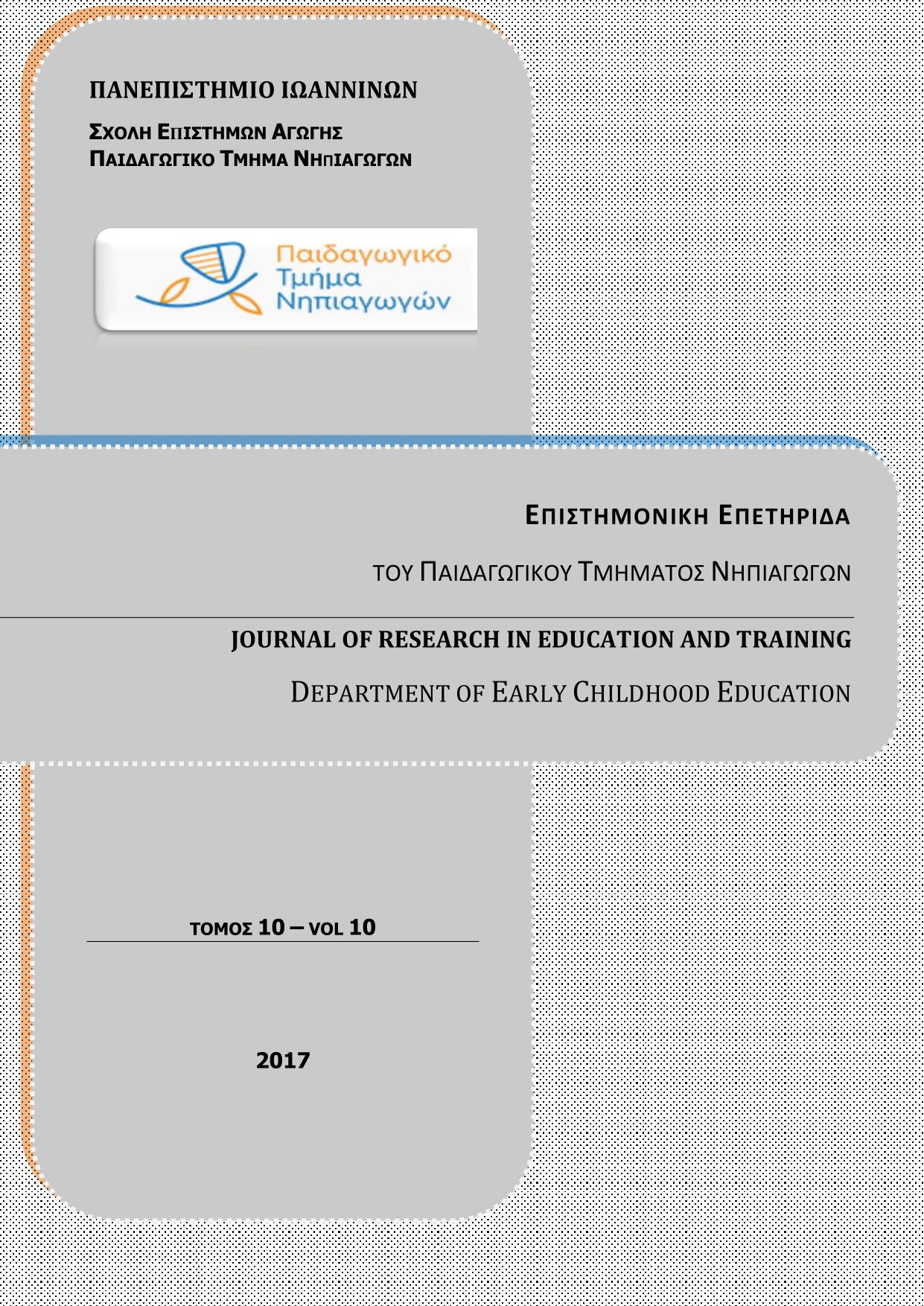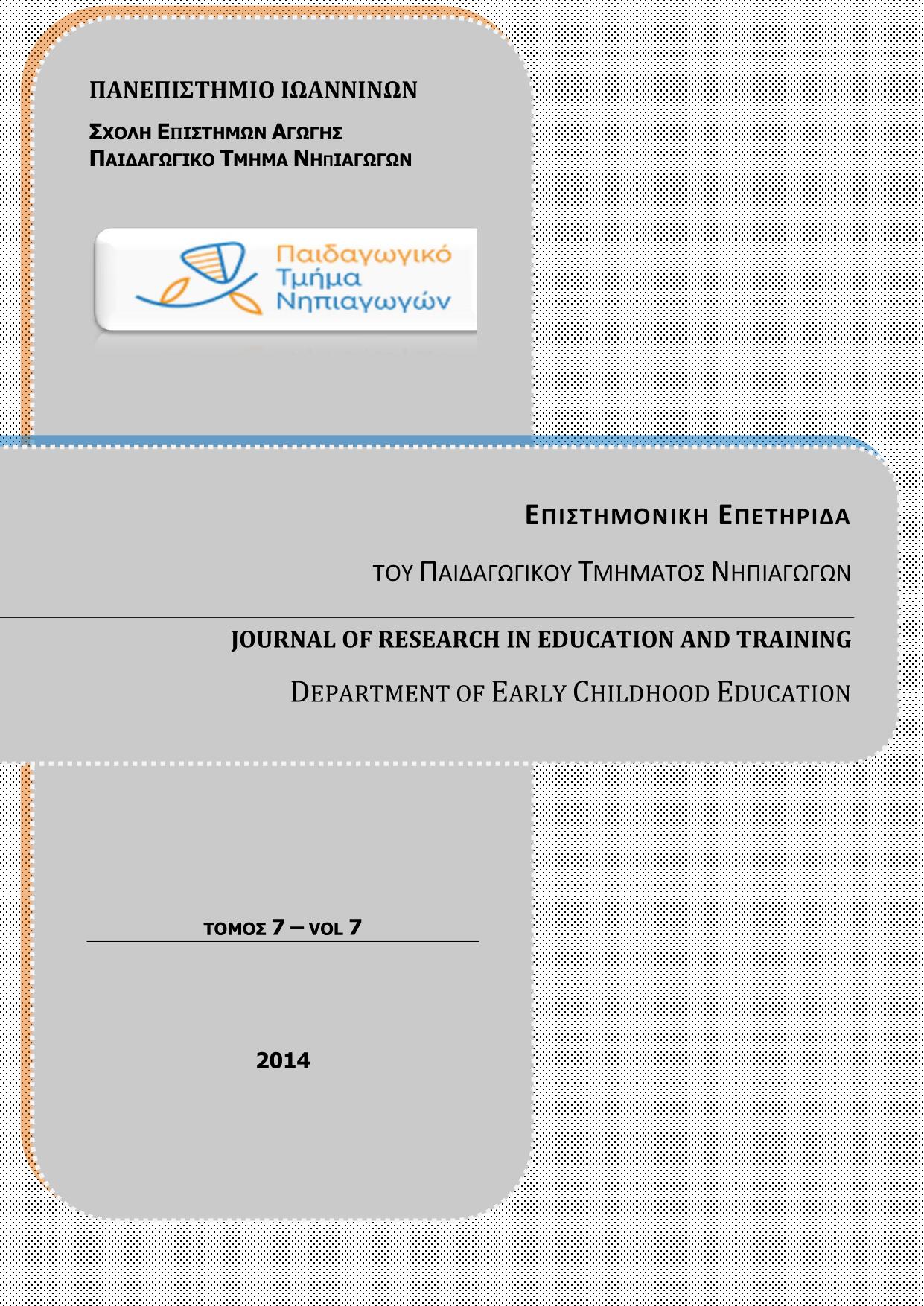Literature review of psychometric tools for the detection of preschool children’s behavioral and emotional problems

Abstract
The aim of this paper is to present the results of the literature review which was carried out to identify and record those psychometric tools which aim at detecting behavioral and emotional problems in preschool children. These tools have either been designed by Greek researchers or they have been translated and adapted for the Greek audience. Through extensive literature research, we identified and recorded twenty (20) psychometric tools available in Greece, used for the detection of behavioral and emotional problems. The majority of these tools have the characteristics of an rating scale and are mainly meant for preschool educators, while approximately half of them are applied in various fields (cognitive, psychoemotional, motor, academic) in order to assess the wider developmental state of the child and not solely to detect behavioral and emotional problems. The collection, presentation and categorization of these psychometric tools are deemed essential as they will enable the future researchers to select the appropriate psychometric tool for the early detection of behavioral and emotional problems in preschool children.
Article Details
- How to Cite
-
Doni, E., & Giotsa, A. (2019). Literature review of psychometric tools for the detection of preschool children’s behavioral and emotional problems. Journal of Research in Education and Training, 12(1), 164–204. https://doi.org/10.12681/jret.16027
- Issue
- Vol. 12 No. 1 (2019)
- Section
- Articles

This work is licensed under a Creative Commons Attribution-NonCommercial-ShareAlike 4.0 International License.
Authors who publish with this journal agree to the following terms:
- Authors retain copyright and grant the journal right of first publication with the work simultaneously licensed under a Creative Commons Attribution Non-Commercial License that allows others to share the work with an acknowledgement of the work's authorship and initial publication in this journal.
- Authors are able to enter into separate, additional contractual arrangements for the non-exclusive distribution of the journal's published version of the work (e.g. post it to an institutional repository or publish it in a book), with an acknowledgement of its initial publication in this journal.
- Authors are permitted and encouraged to post their work online (preferably in institutional repositories or on their website) prior to and during the submission process, as it can lead to productive exchanges, as well as earlier and greater citation of published work (See The Effect of Open Access).




